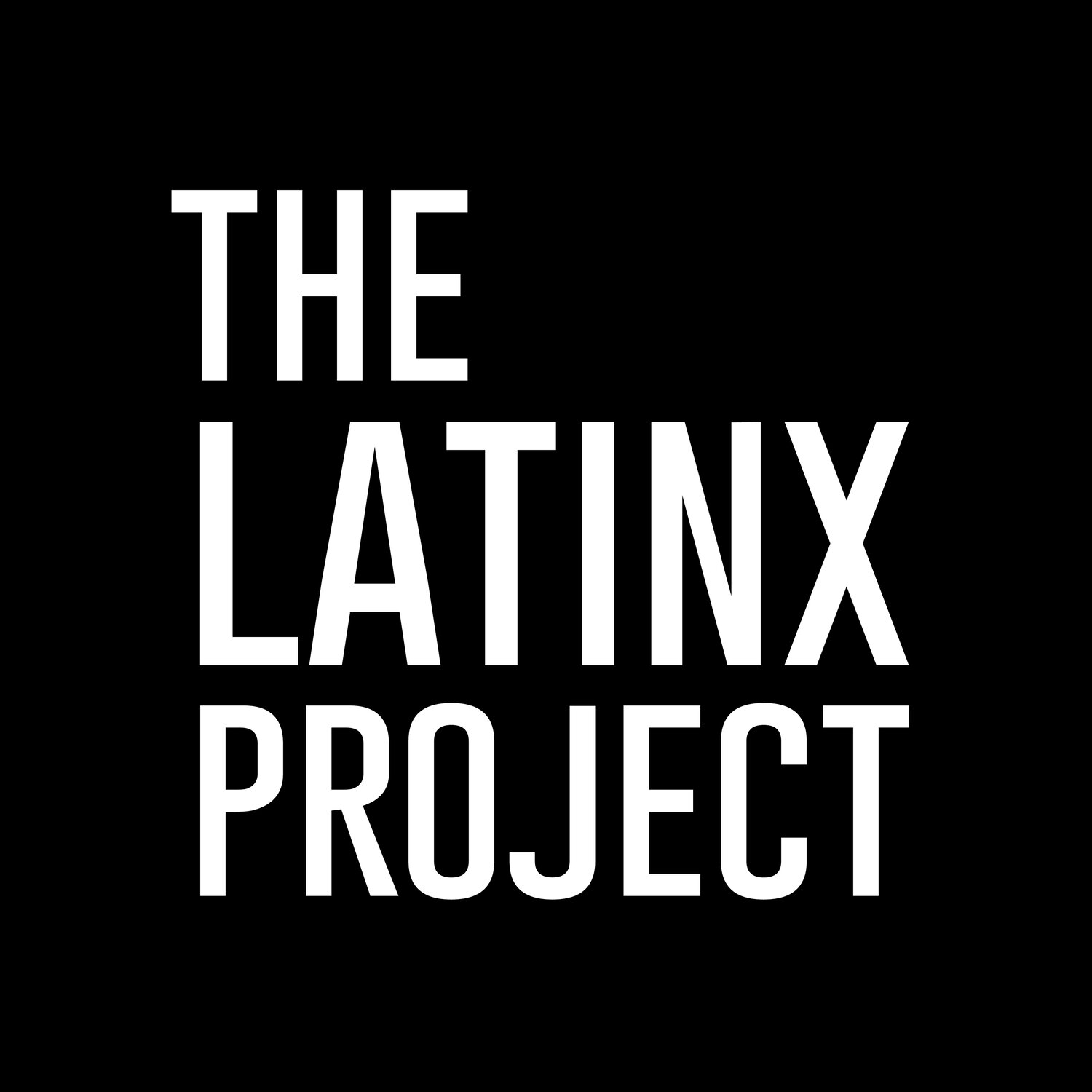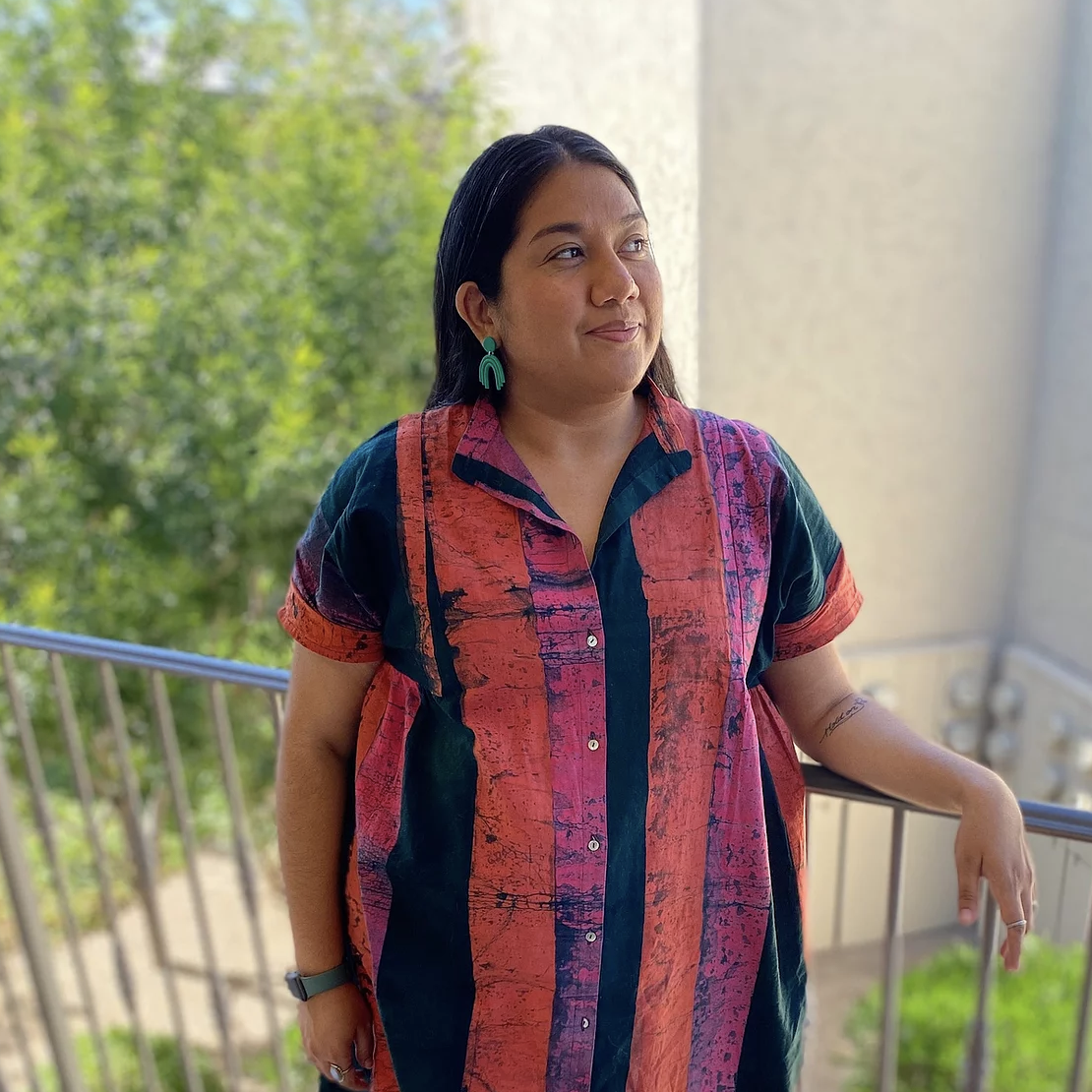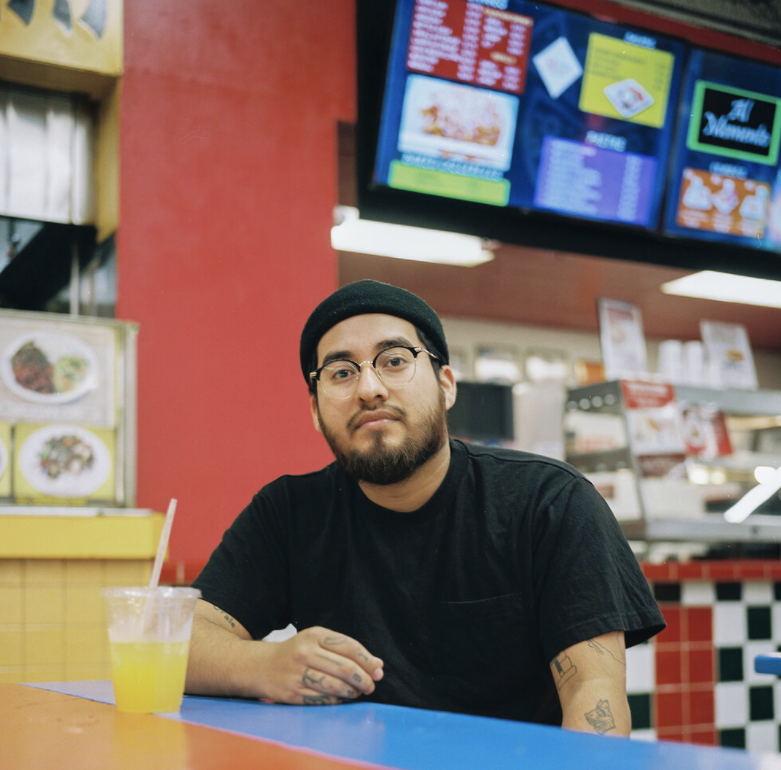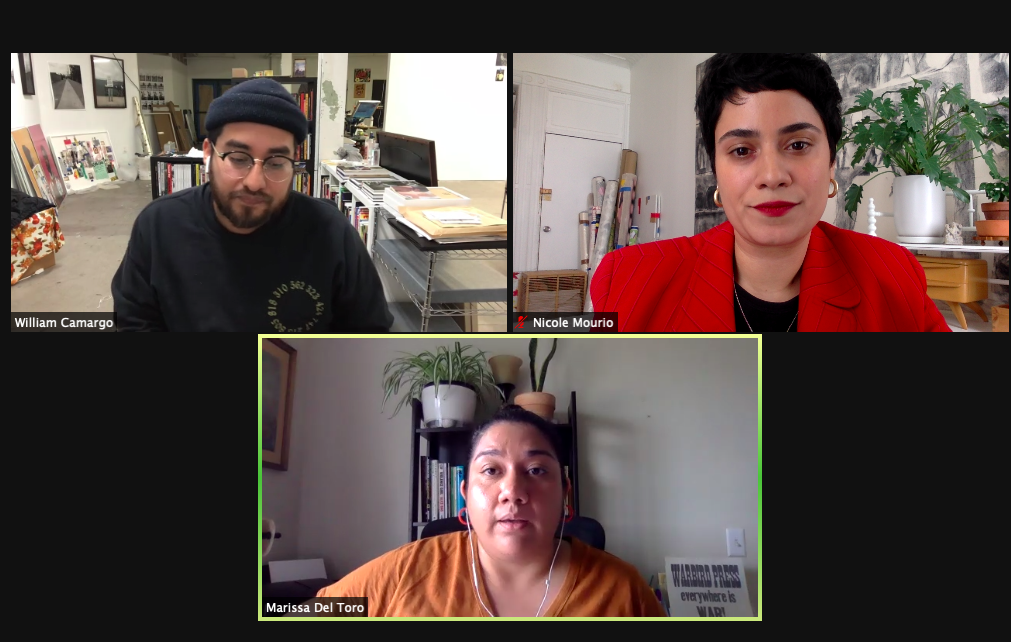A cross-promotional virtual conversation between Cruising the Horizon: New York curator Marissa Del Toro, and current A.I.R. William Camargo. The discussion will center around the arts professionals' respective curatorial and photography careers; along with a focus on their latest endeavors and work produced during quarantine, their most recent and main sources of inspiration, as well as their visions for their future paths.
Panelists
Marissa Del Toro is an independent curator and art historian of contemporary, modern, and ancient art of the Americas (primarily Latin America and the US). In both her professional and personal life, she continues to work towards the promotion and advocacy for diverse narratives within art. She previously held positions as the Curatorial Fellow at Phoenix Art Museum 2018-2020, Santa Barbara Museum of Art from 2017-2018, and the Getty Research Institute as a Graduate Intern from 2016-2017. She was Curatorial Assistant Intern for the UTSA Art Gallery from 2015-2016; and participated in the 2015 Latino Museum Studies Program at the Smithsonian Latino Center. She graduated from the University of Texas at San Antonio with her MA in Art History and is originally from Southern California, where she received her BA in Art History from the University of California, Riverside.
William Camargo is an Arts Educator, Photo-Based Artist, and Arts Advocate born and raised in Anaheim, California. He is currently serving as Commissioner of Heritage and Culture in the city of Anaheim and holds an M.F.A at Claremont Graduate University. Camargo is the founder and curator of Latinx Diaspora Archives, an archive Instagram page that elevates communities of color through family photos. He attained his BFA at the California State University, Fullerton, and an AA from Fullerton College in photography.
William has held residencies at Project Art, the Chicago Artist Coalition, ACRE, and at LA Summer held at Otis School of Art and Design. He has also participated in the New York Times Portfolio Review, NALAC's (National Association of Latino Arts & Culture) Leadership(2018), and Advocacy(2020) Institutes. He is a current member of Diversify Photo an initiative started to diversify the photography industry. He was awarded the Friedman Grant and J. Sonneman Photography Prize from CGU and has given lectures at the University of Wisconsin-Parkside, Gallery 400(Chicago), University of San Diego, Cal State Long Beach, the Claremont Colleges, and USC Roski School of Art, Stanford(upcoming).
Event Recap
The Latinx Project hosted a conversation between Cruising the Horizon: New York curator Marissa Del Toro, and current A.I.R. William Camargo. The two discussed their experiences as arts professionals during the pandemic, their work with TLP, and what they envision for the future.
Camargo’s current show with The Latinx Project, Negotiated Frontiers, curated by Dalina A. Perdomo Álvarez, brings together selections from three bodies of work that negotiate space and interrogate the artist’s positionality while aiming to deconstruct the photographic canon. Del Toro brought up the importance of Camargo’s use of rasquachismo sensibilities and the ability to “make do with what you got” (Del Toro) in one of his works, All That I Can Carry. The project came to life during the COVID-19 lockdown while the artist was at home with his family, invoking a rasquachismo sensibility by using household items that his parents have kept throughout the years and through the purchase of their first family home.
“Rasquachismo is a sensibility that is not elevated and serious but playful and elemental. It finds delight and refinement in what many consider banal, and projects an alternative aesthetic—a sort of good taste of bad taste.”
Rasquachismo by Tomás Ybarra-Frausto
Access to housing and financial security were also among the topics of conversation for the arts professionals, as both are never guaranteed for BIPOC communities. Many art workers lost several forms of income due to the pandemic and were given little support by institutions that already undervalue their labor. Del Toro shared that the pandemic had forced her to move back in with her parents in 2020, but that she would be making the move to the East Coast in July.
Formerly slated to exhibit at the Phoenix Museum, Cruising the Horizon: New York, curated by Del Toro made its way onto TLP’s website where it would become our third virtual show. She explains that “the works in this virtual exhibition move viewers to exist and express themselves freely and radically, without the oppressive conditions, restrictions, and boundaries of normative expectations and performances, especially in terms of gender and sexuality, majoritarian belonging, white supremacy and authoritarian systems.”
During the Q&A portion, an attendee asked “What are your big takeaways from the process of producing a digital exhibition, and advice for others who seek to do similar projects in the future?” Camargo stated the push to imagine a hybrid future for the arts experience moving forward that includes easily accessible resources to continue being an educator virtually as well. Del Toro agreed that now more than ever, virtual accessibility is key to be able to share knowledge with BIPOC communities; She also highlighted the value of building connections beyond the physical experience that allows for impactful storytelling and messaging.
Yvette Mayorga, a multidisciplinary artist based in Chicago, also posed the question of “How institutions can support arts professionals besides collecting and exhibiting?” Both Camargo and Del Toro agreed that the first step towards institutional accountability would be to value art workers’ labor and pay them respectful and livable wages. They can also support individual artists, curators, arts historians, and archivists, by providing timely resources to see their project’s come to fruition.
Camargo was recently announced as a finalist for Aperture’s Portfolio Prize, and Del Toro will spend the next year co-curating and developing, Xican-a.o.x. Body, an exhibition where select works from Camargo will also be shown.



